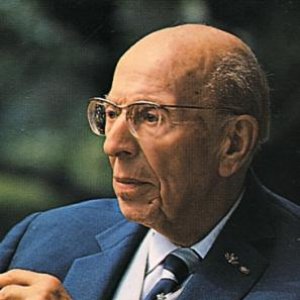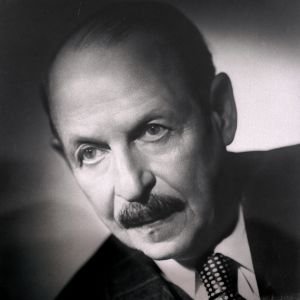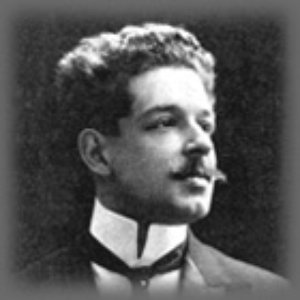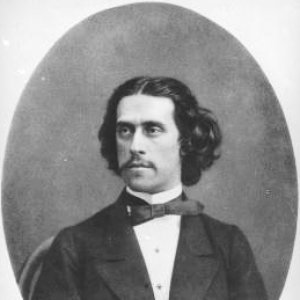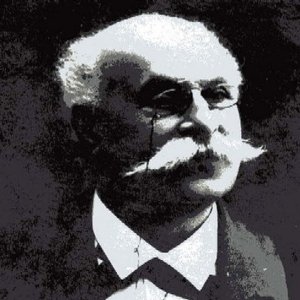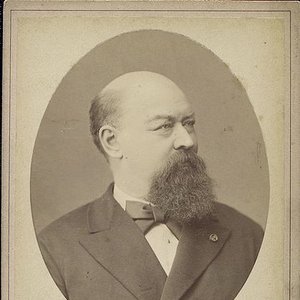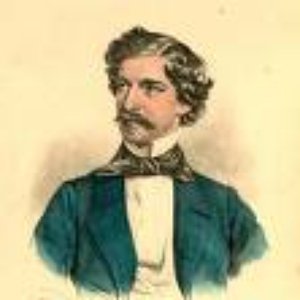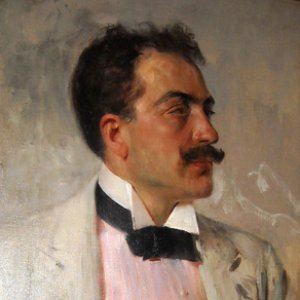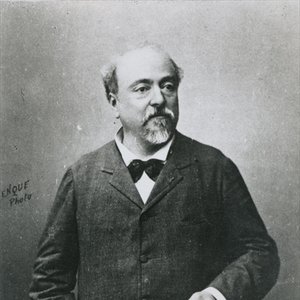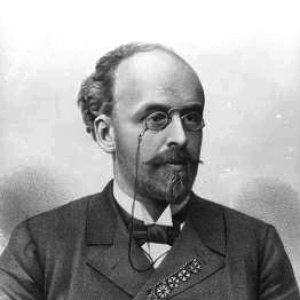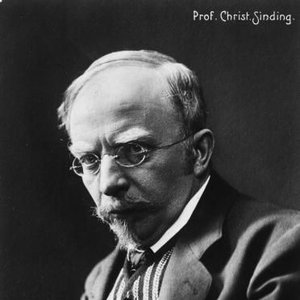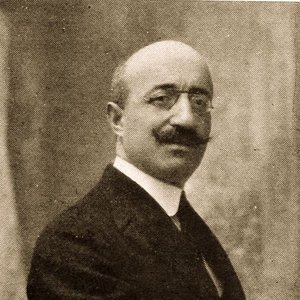Biography
-
Born
30 April 1870
-
Born In
Komárom, Komárom-Esztergom, Hungary
-
Died
24 October 1948 (aged 78)
Franz Lehár (Lehár Ferenc 30 April 1870 – 24 October 1948) was a Hungarian composer, mainly known for his operettas.
Lehár was born in Komárom, Hungary (now Komarno, Slovakia), as the eldest son of a bandmaster in the army. He studied violin and composition at the Prague Conservatory but was advised by Antonín Dvořák to focus on composing music. After graduation in 1899 he joined his father's band in Vienna, as assistant bandmaster. In 1902 he became conductor at the historic Vienna Theater an der Wien, where his first opera Wiener Frauen was performed in November of that year.
He is most famous for his operettas - the most successful of which is Víg özvegy ("The Merry Widow" "die lustige Witwe"), but he also wrote sonatas, symphonic poems, marches, and a number of waltzes, the most popular being Arany és ezüst ("Gold und Silber"), composed for Princess Metternich's "Gold and Silver' Ball, January 1902) some of which were drawn from his famous operettas. Individual songs from some of the operettas have become standards, notably "Vilja" from The Merry Widow and "You Are My Heart's Delight" ("Dein ist mein ganzes Herz") from The Land of Smiles.
Lehár was also associated with the operatic tenor Richard Tauber, who sang in many of his operettas, beginning with Frasquita (1922), in which Lehar once again found a suitable post-war style. Between 1925 and 1934 he wrote six operettas specifically for Tauber's voice.
By 1935 he decided to form his own publishing house to maximize his personal control over performance rights to his works.
He was elected an honorary citizen of Sopron (Hungarian town) in 1940.
In 1947, Lehar conducted the Zurich Tonhalle Orchestra in a series of 78-rpm recordings for English Decca (released in the U.S. by London Records) of overtures and waltzes from his operettas. The recordings had remarkable sound for their time because they were made using Decca's "full frequency range recording" process, one of the first commercial high fidelity techniques. These recordings were later issued on LP and CD.
He died in 1948 in Bad Ischl, near Salzburg (Austria).
Artist descriptions on Last.fm are editable by everyone. Feel free to contribute!
All user-contributed text on this page is available under the Creative Commons Attribution-ShareAlike License; additional terms may apply.

